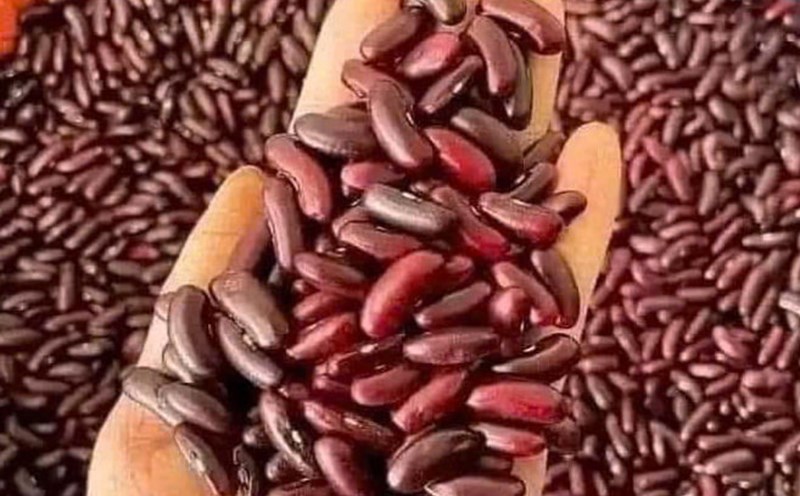A diet rich in plants, low in saturated fat and refined sugar can significantly reduce liver enzymes, improve insulin sensitivity and slow down the damage of liver cells.
While drugs for treating chronic liver are still limited, many health organizations have emphasized the role of nutrition as a baseline to support liver recovery and protection.
A study published in the Journal of Hepatology said that changing a healthy diet can help reduce liver fat by 30-40% after just 3 months.
Necessary dishes on the rice table to help protect the liver:
Beetroot soup with fish or shrimp
Broccoli (sweed, mustard, bok choy) is rich in glucosinolate, a natural compound that supports liver detoxification and enhances the activity of liver enzymes.
Fish and shrimp provide easy-to-digest protein, low in saturated fat, and contain omega-3, fat that helps reduce hepatitis and visceral fat.
People who eat cruciferous vegetables at least 4 times a week have significantly lower liver enzymes AST and ALT than those who eat less.
Tofu with tomato sauce
Tofu is a source of cholesterol-free plant protein, which is very easy for the liver to metabolize.
Tomatoes contain lycopene, a powerful antioxidant, which helps reduce liver cell damage caused by free radicals.
A diet rich in lycopene reduces the risk of developing non-alcoholic fatty liver disease by up to 23%.
Brown rice or rice mixed with nuts
Brown rice is rich in fiber, B vitamins and natural phenolic compounds, which help stabilize blood sugar and reduce fat accumulation in the liver.
Seed rice (black beans, green beans, black sesame...) provides magnesium, zinc and amino acids, essential micronutrients in liver cell repair.
WHO recommends that people at risk of fatty liver should replace white rice with whole grains at least 3-5 times/week to support liver function and reduce oxidative stress.
Fresh fruit dessert: Grapefruit, oranges, blueberries
Grapefruit and oranges are rich in vitamin C and naringenin, flavonoid compounds that help inhibit hepatitis and stimulate detoxification enzymes.
Blueberries contain anthocyanin - a powerful antioxidant, which can protect liver cells from harmful environmental and food agents.
Consuming berries 4-5 times a week helps reduce inflammation and improve liver function in people with mildly fatty liver disease.










